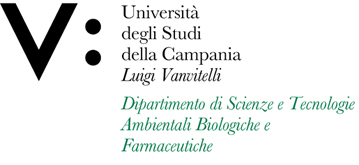Paolo Vincenzo PEDONE
Insegnamento di CELLULAR BIOCHEMISTRY
Corso di laurea magistrale in MOLECULAR BIOTECHNOLOGY
SSD: BIO/10
CFU: 6,00
ORE PER UNITÀ DIDATTICA: 48,00
Periodo di Erogazione: Primo Semestre
Italiano
| Lingua di insegnamento | INGLESE |
| Contenuti | . |
English
| Teaching language | English |
| Contents | Cells in culture and techniques for their study; Cell cycle and control of cell growth in |
| Textbook and course materials | - Molecular Biology of the Cell, sixth edition, (2014), Bruce Alberts, Alexander D. Johnson, Julian |
| Course objectives | The course is rooted in an understanding of the molecules within cells and of the interactions |
| Prerequisites | Knowledge and skills in Chemistry and Biology acquired during the Bachelor courses. |
| Teaching methods | Oral lessons and critical reading of original scientific papers |
| Evaluation methods | For the students who attend the course the exam consists of passing an oral exam with a grade of at least 18/30, |
| Other information | The student can use the supporting teaching material made available on the University website. |
| Course Syllabus | Part I: Cells, the Fundamental Units of Life |








